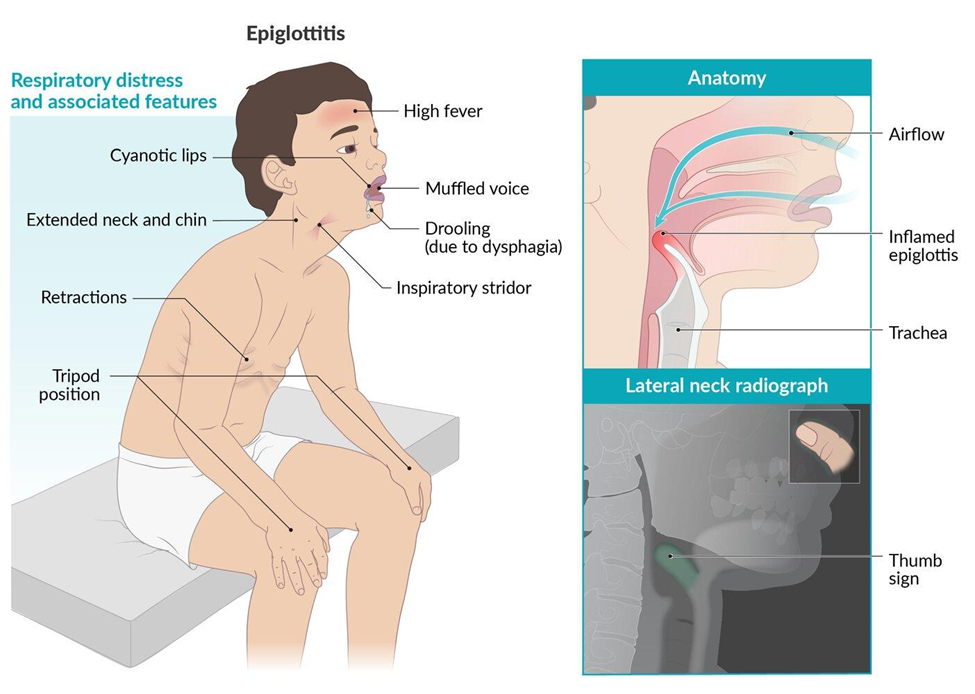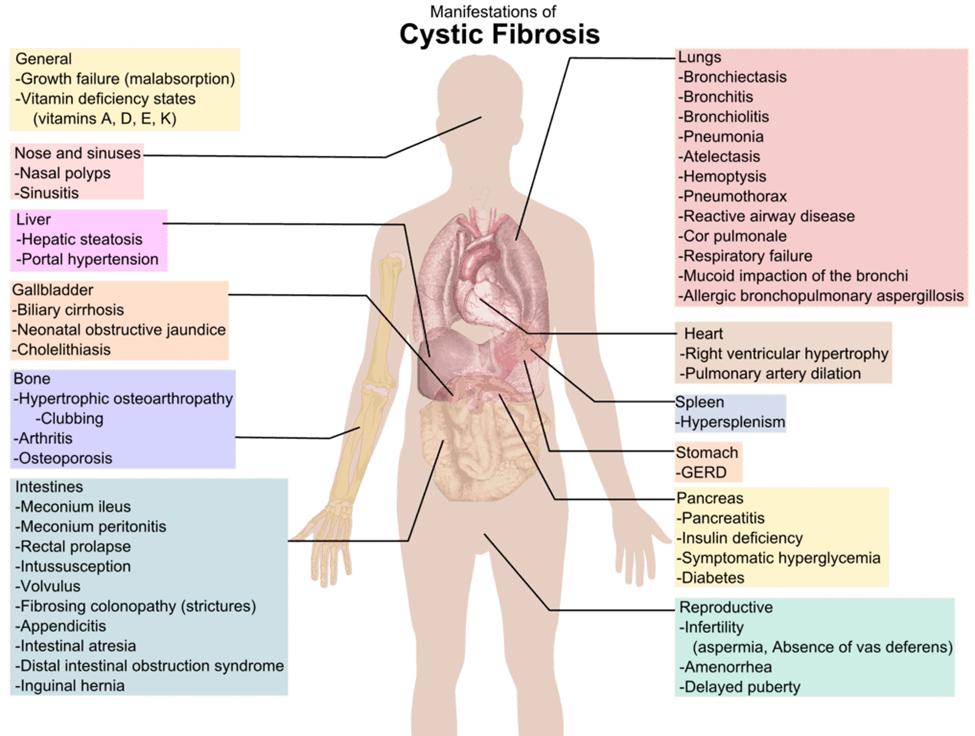The parent of a child with mumps calls the health care clinic to tell the nurse that the child has been lethargic and vomiting. What instruction would the nurse give to the parent?
That lethargy and vomiting are normal with mumps
To continue to monitor the child
To bring the child to the clinic to be seen by the pediatrician
That there is nothing to be concerned about as long as there is no fever
The Correct Answer is C
A. That lethargy and vomiting are normal with mumps:
Incorrect: Lethargy and vomiting are not typical symptoms of mumps. These symptoms could indicate a separate issue that requires medical attention.
B. To continue to monitor the child:
Incorrect: Given the reported symptoms of lethargy and vomiting, a passive approach of continuing to monitor may delay necessary medical intervention. The child should be assessed promptly.
C. To bring the child to the clinic to be seen by the pediatrician:
Correct Answer: Lethargy and vomiting are not typical symptoms of uncomplicated mumps. These symptoms could be indicative of other issues, and it's important for the pediatrician to evaluate the child to determine the cause and provide appropriate care.
D. That there is nothing to be concerned about as long as there is no fever:
Incorrect: While fever is a common symptom of mumps, the absence of fever does not negate the need for further evaluation when there are concerning symptoms like lethargy and vomiting. The child should be seen by a healthcare provider to determine the cause of these symptoms.
Nursing Test Bank
Naxlex Comprehensive Predictor Exams
Related Questions
Correct Answer is D
Explanation
A. Administer 0.9% sodium chloride IV solution: Although IV fluids might be necessary to maintain hydration and circulation, this is not the priority over preventing the spread of infection.
B. Assist with obtaining an x-ray of the child's neck.Imaging can help confirm the diagnosis but should be done after ensuring infection control measures.
C. Initiate IV antibiotics.Antibiotics are crucial for treatment but should follow the implementation of droplet precautions to prevent the spread of infection.
D. Place the child on droplet precautions.
Epiglottitis is a medical emergency primarily caused by bacterial infections, such as Haemophilus influenzae type B (Hib). The first priority is to ensure the safety of both the patient and others by preventing the spread of infection.Placing the child on droplet precautions helps to contain the bacteria and protect healthcare workers and other patients.

Correct Answer is C
Explanation
A. "The immunization schedule will need to be altered."
Incorrect: This is too vague and does not provide specific information about the child's immunization schedule.
B. "The child will receive all of the immunizations except for the polio series."
Incorrect: There is no indication that the child should not receive the polio vaccine. Children with cystic fibrosis are generally recommended to receive all appropriate vaccinations.
C. "The child will receive the recommended basic series of immunizations along with a yearly influenza vaccination."
Correct Answer: Children with cystic fibrosis should receive the recommended basic series of immunizations, including vaccines for diseases such as diphtheria, pertussis, tetanus, measles, mumps, rubella, polio, Haemophilus influenzae type b (Hib), hepatitis B, and others. Additionally, they should receive a yearly influenza vaccination to help prevent respiratory complications.
D. "The child should not receive any hepatitis vaccines."
Incorrect: There is no general contraindication for children with cystic fibrosis to receive hepatitis vaccines. The nurse should recommend the appropriate vaccines, including those for hepatitis B, as per the standard immunization schedule.

Whether you are a student looking to ace your exams or a practicing nurse seeking to enhance your expertise , our nursing education contents will empower you with the confidence and competence to make a difference in the lives of patients and become a respected leader in the healthcare field.
Visit Naxlex, invest in your future and unlock endless possibilities with our unparalleled nursing education contents today
Report Wrong Answer on the Current Question
Do you disagree with the answer? If yes, what is your expected answer? Explain.
Kindly be descriptive with the issue you are facing.
